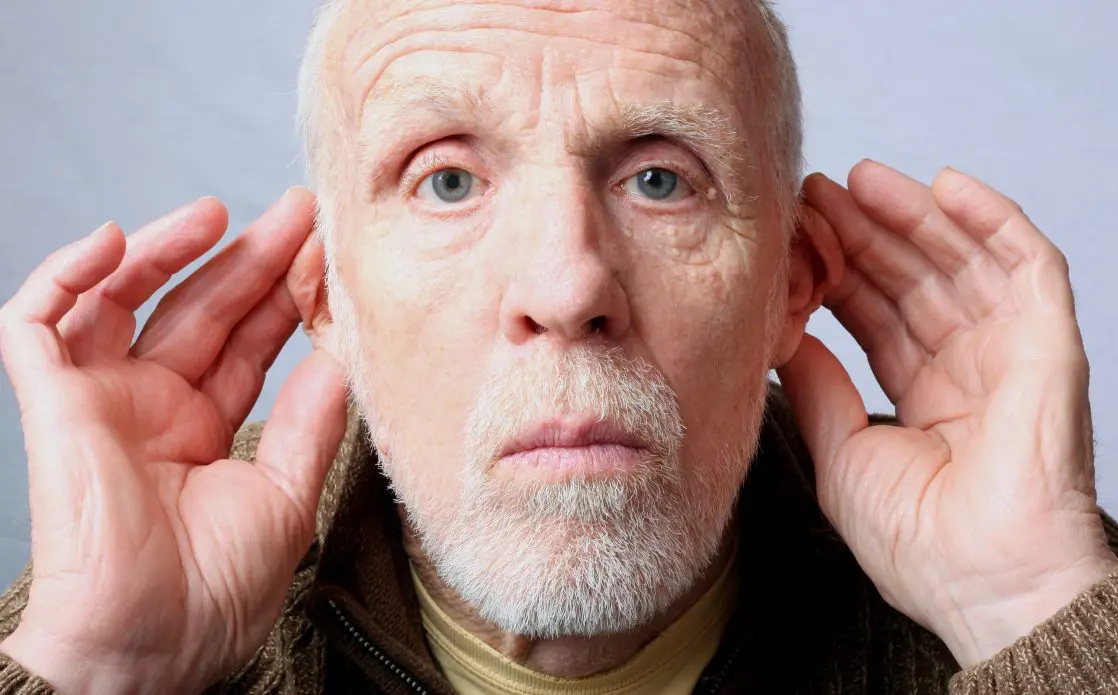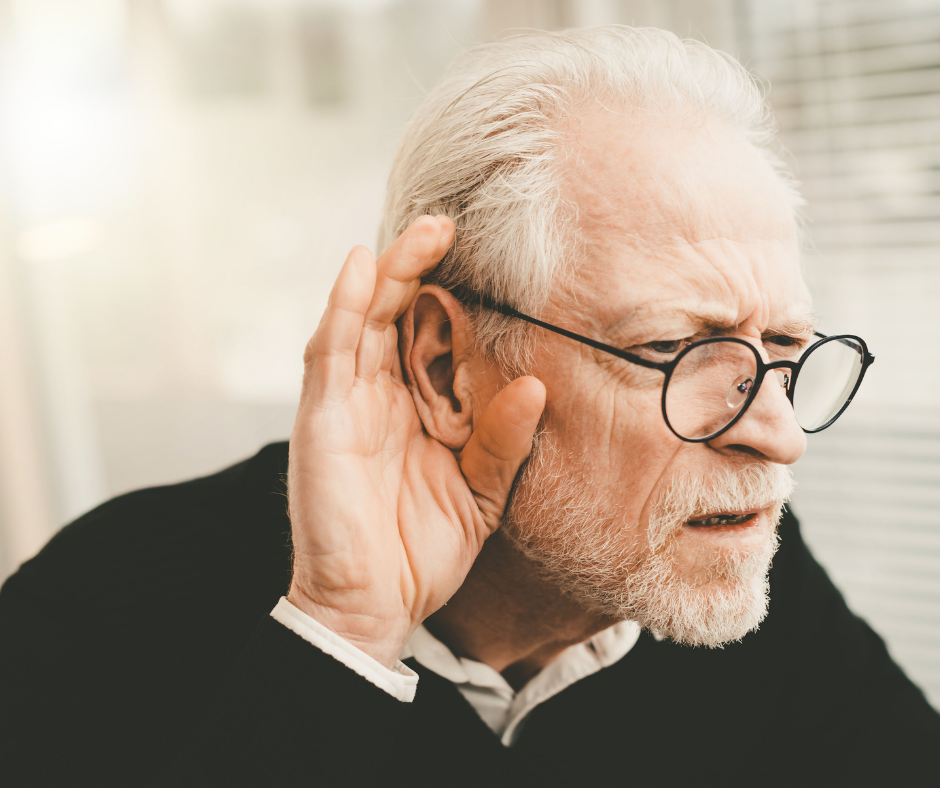
Common Hearing Disorders
No one likes to admit that they’re experiencing hearing loss. It can be embarrassing and frustrating. Hearing problems can occur at any age, and is not a strictly senior issue. The good news is that there is help when it comes to common hearing disorders.
Common Hearing Disorders

Tinnitus – that dreaded “ringing in the ears”, can also sound like a clicking, roaring, or even pulsing sound. The noise ranges in intensity and can affect those who are experiencing hearing loss and those who are not. At its worst, the sound can also be accompanied by pressure or pain in or around the affected ear(s). Tinnitus is usually caused by an underlying condition, such as an injury to the ear or circulation problems. But typically age-related hearing loss is the culprit. This condition can improve with treatment which can mask the noise to make it more bearable.
Auditory processing disorder (APD) – This disorder affects the way the brain processes sound. This does not involve an actual hearing loss necessarily, as people with normal hearing can have this condition – it affects listening, reading skills and attention spans. The exact cause of this disorder is not known. It has been linked to illness like meningitis, chronic ear infections or even lead poisoning. Many seniors may have had this disorder as a child, and have never been diagnosed, or were misdiagnosed as having ADHD or dyslexia.

People living with this disorder can have it manifest as a poor reading comprehension, poor listening skills or miscommunication. “Garbled” or trying to listen on a “cell phone with the signal cutting in and out”, is what living with APD feels like. Treatment is individual and includes adjustments to working or living conditions, such as moving closer to the front of the classroom or sitting closer in the movie theatre. Reducing echoing by installing carpet on hardwood floors in the living space. Frequency modulator system can help the bearer hear better or speech therapy to help recognize sounds better.

Sensorineural Hearing Loss – inner ear damage – specifically damage to the nerve pathways from your inner ear to your brain. Sounds can become unclear or sound muffled, softer sounds are particularly difficult to hear. Inner ear damage is caused by aging, and chronic exposure to noise. Listening to consistent excessively loud noise can cause wear and tear on the hairs or nerve cells of the cochlea that send sound signals to the brain. Higher pitched sounds become an issue, and it becomes more difficult to pick out words when there’s background noise.

Hyperacusis – an over-sensitivity to certain sounds, especially high-pitched noises. This can occur in various degrees of severity. Aging and chronic exposure to loud noises are to blame for this issue. This disorder has no cure, but it is managed through protection of the ear when in loud environments, or desensitizing your ears by reintroducing everyday sounds. Tinnitus retraining therapy can help in this case by wearing special hearing aids that can reduce your sensitivity to noise. These aids are called ‘noise generators’ and wearing them helps ears become accustomed to the white noise and ignore it.

Hearing loss
- Due to age – the inside structure of our ear starts to decline, therefore, our ability to pick up certain sounds will start to decrease
- Due to loud noise – did you know that even a one-time exposure to extreme loud sound can cause hearing loss?
- Medication – common medication may cause hearing loss, such as overuse of Aspirin (8-12 pills a day); certain non-steroidal anti-inflammatory drugs like ibuprofen and naproxen can cause hearing issues as well as antibiotics.
Hearing aids can help people with hearing loss be able to function more effectively.
How do Audiologists help?
When there are hearing issues, it’s time to see an audiologist. Audiologists focus on prevention, assessment, diagnosis and the management of hearing problems. Along with the ears and hearing, managing balance issues is also a focus for audiologists since the inner workings of the ear are key components to balance.
Where Can You Find an Audiologist?
Audiologists work in schools, hospitals, and medical clinics. Audiologists will be the ones to select the best option to address your hearing issues, including fitting you for your hearing device. Hearing devices include hearing-aids, cochlear implants, implantable hearing devices, and assistive listening devices (hand-held amplifiers with microphones). Education and training in the workplace is also a service that audiologists provide, to help limit and/or bring awareness to workplace noise that can contribute to hearing loss.
Students who don’t do well in school improve greatly by addressing any undiagnosed hearing loss and being fitted with a new hearing aid. There are a range of hearing aids to accommodate budget and preference.

Experiencing hearing loss can be frightening. But with advances in the field of audiology, and our growing advancement in technology, living with hearing loss can be managed. One can absolutely live a fully-functioning life on enhanced hearing, and one may even discover that they’ve been missing out on some beautiful sounds and can enjoy them once again.

